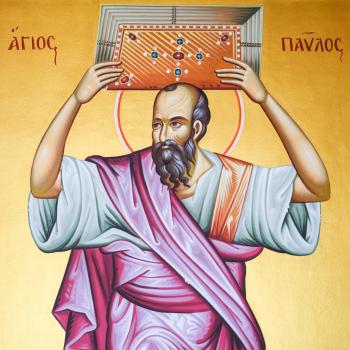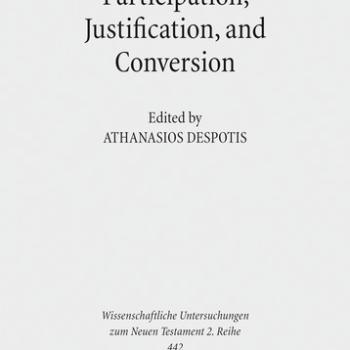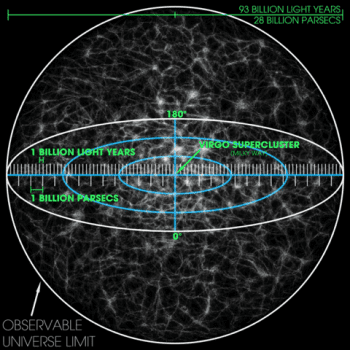
I know, I know. Scientists don’t know anything. They’ve been wrong almost every time. They’re mostly dishonest progressive hacks. Nonetheless, these two studies will be of interest to people who aren’t reflexively anti-science:
And scientists may yet justify their existence to all but the most hardcore anti-vaxxers:
***
While I have my copy of Geraint F. Lewis and Luke A. Barnes, A Fortunate Universe: Life in a Finely Tuned Cosmos (Cambridge: Cambridge University Press, 2016) out — an excellent book, by the way — permit me to share a passage about one of the “free parameters” they identify among the “fundamental constants of nature”:
The electron is one of the fundamental particles of the Universe. Electron orbits around the nuclei of atoms dictate the processes of chemistry. With the appropriate experimental equipment, we can measure the mass of an individual electron: 9.10938215 x 10-31 kg (and, with our most accurate equipment, we know this value has an uncertainty of 0.00000045 x 10-31 kg). If you measure the mass of any electron in the Universe, you get the same answer!
When we measure the mass of an object in kilograms, we are implicitly comparing it to a lump of platinum-iridium alloy held in uniform conditions at the International Bureau of Weights and Measures laboratories in the outer reaches of Paris. There is nothing special about this lump, and so nothing special about the kilogram. Nothing changes if we were to express the mass of the electron in pounds, long tons, grains or karats.
However, the mass of the electron relative to other particles in the Universe is important. Each member of the menagerie of fundamental particles comes with a mass, and while some are zero, many are just plain, unexplained numbers.
Here we can play our ‘what if?’games. If we change the relative masses of the fundamental particles, what effect does this have on a complex, multi-cellular, balding primate sitting and typing on a planet orbiting a star? We’ll see in later chapters that the existence of life depends critically upon particle masses. Universes with different mass ratios are often sterile. (29-30)
[An astute reader, Theron Stanford, reminds me that, since Lewis and Barnes published their book in 2016, the kilogram has been redefined in terms of the Planck constant. “No more comparing to lumps.”]
















